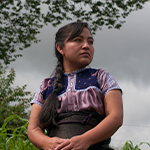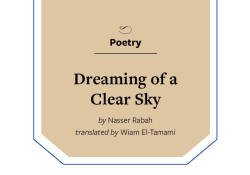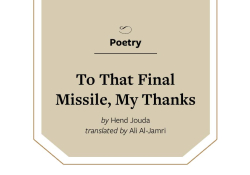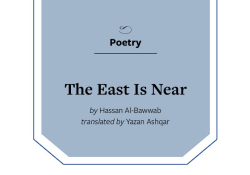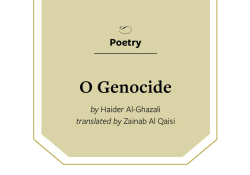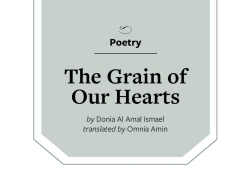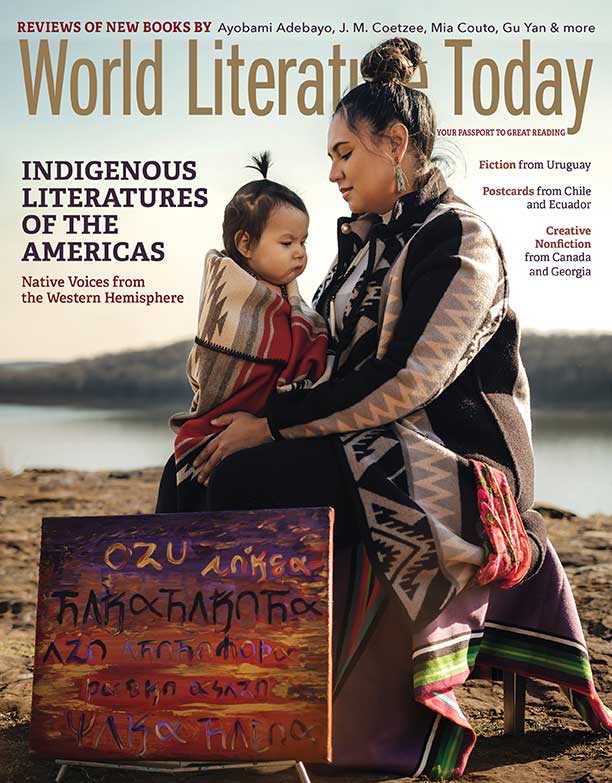Four Tsotsil Poems
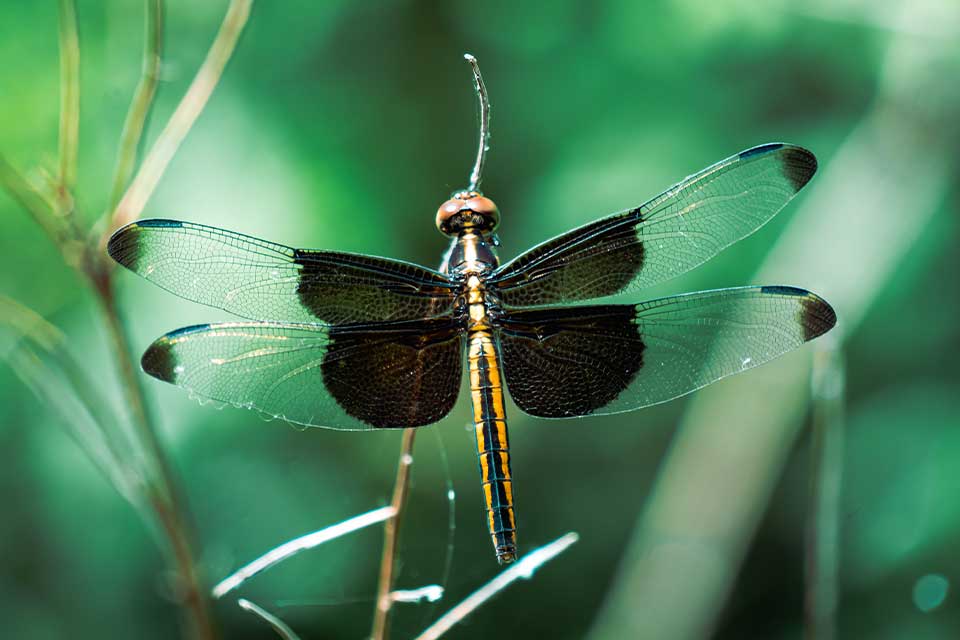
[She hides photographs]
Ta yolon stem snak’oj lok’ombailetik.
Mu buch’o xa valbe,
sts’ajoj ta pox xkuxlejal viniketik,
xchik’anoj ta ik’al kantilaetik xch’iel antsetik,
smukoj ta ba mukinal svayech ololetik.
Mu buch’u xa valbe,
Pe oy yumoj yok’el k’alal ta jnup ta be.
Debajo de la cama esconde fotografías.
No le cuentes a nadie
que en aguardiente remoja conciencias,
con velas negras incinera la vida de mujeres buenas
y por las noches entierra ángeles que sueñan.
No le cuentes a nadie
que suele ocultar el llanto.
She hides photographs beneath her bed.
Don’t tell anyone
how moonshine seeps into her knowing,
with black candles she burns up decent women’s lives
and by night she buries dreaming angels.
Don’t tell anyone
how she often hides her sobs.
* * *
[Mother, I need your eyes]
Jcha’ mantik asat, me’
yu’un ta jk’el ka’i jpukujiltik.
Jch’ amantik ave,
yu’un ta jkavta ka’i tas malem k’ak’al sbi jtot.
Jch’ amantik ak’ob,
mi yal li sikil akubale, k’uk’un chlik jbots’ li ixime,
ta jchuchbe sk’ak’al li k’ok’e, jpis jsat.
Jch’ amantik abok,
va xanavkun ta yut chobtik, ba jvulan kanimatak, ba’ kejlikun ta ch’ul na.
Avokoluk, jchamantik asat, ave, ak’ob, abok
yu’un mujk’an jel jkuxlejal.
Madre, necesito de tus ojos
para ver nuestra maldad.
Necesito de tu boca,
para gritar al atardecer el nombre de mi padre.
Necesito de tus manos,
para amasar el nixtamal, atizar el fuego, persignarme.
Necesito de tus pies,
para recorrer la milpa, visitar nuestros muertos y danzar.
Señora mía, es urgente, necesito de sus ojos, boca, manos y pies
para no olvidar nuestra raíz de luna.
Mother, I need your eyes,
to see our wickedness.
I need your mouth,
to shout my father’s name in the afternoon.
I need your hands,
to knead nixtamal, stir up the fire, make the sign of the cross.
I need your feet,
to walk across the cornfields, visit our dead and dance.
Dear mother, please help, I need your eyes, mouth, hands, and feet
so I don’t forget that we are rooted in the moon.
* * *
[Insects feed on the sadness]
Skoj me’onal li uch’etike ts’uts’beik xch’ich’el jkuxlejal
xnochlajetik ta stsatsal jol ta jujun ak’ubal
stukik no’ox cha’ik k’uyelan xvulvun li jol o’ontonale.
Los insectos se alimentan de la tristeza
ocultos en las hebras de mi cabello
saborean la angustia y el dolor.
Insects feed on the sadness
hidden in the strands of my hair
they drink every drop of my suffering.
* * *
[As time passes]
Ya’ntik xch’ay ta jol li otolal k’ak’ale
jech mechuk xa ta jna k’usi o’ra chkot li yuilal uche
k’alal chk’anuban xi’ik li ts’unobiletike
jech mechuk xa ta jna’ li yuilal nichk’ine
k’alal jech k’uyelan la jyalbun li jtote xvuliktal to’ox ta lok’el li mol pepenetike.
Abolsba li ko’ontone mu xa sna k’uyelan ta atel li k’ak’aletike.
Mi memoria olvida con los años nombrar las estaciones
no reconozco el mes del viento malo
ese que dicen destruye la siembra
no reconozco la estación de los insectos
ese que dicen anuncia la llegada de las libélulas
no recuerdo cómo contar los días en veinte pasos.
As time passes, my memory forgets to name the seasons,
I can’t recall the month of treacherous winds,
the one they say can ruin a harvest.
I can’t recall the month of insects,
the harbinger, they say, of dragonflies,
I don’t remember how to count a month in twenty steps.
Translations from the Spanish & Tsotsil
Translator’s Note
by Clare Sullivan
The first two poems come from Enriqueta Lunez’s collection Sk’ Eoj Jme’Tik U / Cantos de luna (Moon Songs), poems that speak in the voices of different women from her region. The first poem tells one of many stories about women from her hometown, San Juan Chamula. This poem contains elements used in a spell: aguardiente (moonshine), photos, candles. But here the woman uses ritual not for witchcraft but to confront her emotional pain.
The poem that begins “Mother” addresses not just one woman but all the women the poetic voice holds in esteem. Mother encompasses family and the routines of daily life but also the moon goddess echoed in the Virgin Mary. Lunez explained to me that this voice shouts her father’s name not out of anger but simply to justify her own existence: “Because I’m a woman, I’m expected to adjust my tone and to never raise my voice when speaking with a man.”
The last two poems come from an as-yet-unpublished manuscript called Nichk’in / La primavera de los insectos (Insect spring). Growing up in rural Chiapas, she learned about the rhythms of seasons and insects from her father and grandfather. She shares these images and memories with an undertone of sadness for what has been or may be lost.
Lunez’s parents taught her Spanish as a first language to protect her from prejudice. But she learned Tsotsil as a young woman to be able to hear these traditions and stories firsthand. I’m glad to be able to share the sound of her verses via audio.
Enriqueta Lunez’s bilingual anthologies Sk’eoj Jme’tik U / Cantos de Luna (Pluralia Ediciones, 2013) and Tajimol Ch’ulelaletik / Juego de Nahuales (SEP, 2008) were supported by the National System for Artistic Creation in Mexico (SNCA). She directs the Cultural Center of Chamula in Chiapas, Mexico.
